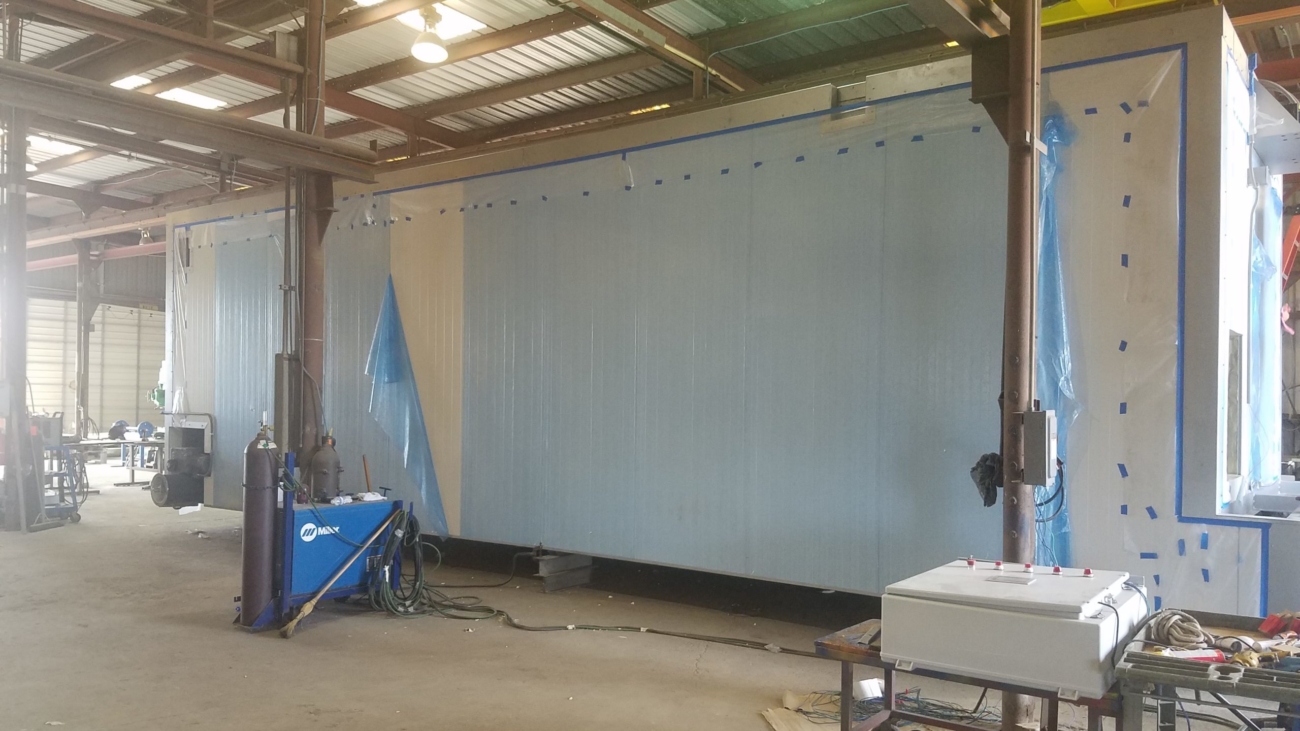There’s no flavor quite like the sweet, delicate taste of a pear. Pears are popular snacks and recipe ingredients, and are eaten around the world—but in order to reach consumers’ tables and fruit bowls in the best possible condition, pears must be carefully treated and properly stored. At SEMCO/SEMCOLD LLC, we know that it’s important to keep pears cool after harvest, and there are many different ways this can be done.
Pear Overview
Over 3,000 varities of pears are grown around the world, although the plant was originally native to Europe, Central Asia, and North Africa. Pears have been consumed as food since prehistoric times, and they are one of the oldest cultivated fruits. Various cultivars are created specifically for cooking, eating raw, or creating drinks like pear cider; pears also have great cultural significance in many parts of the world.
Pair Storage
When properly cared for, pears can last from 60 to 90 days in storage, giving them some of the longest shelf lives of any fruit. Generally, they should be stored at a relative humidity of 90% to 95% in order to prevent water loss—which can lead to shriveling, drying, and loss of salable weight. In addition, pears both produce, and are sensitive to, ethylene, a ripening hormone given off as the fruit matures. This means that pears should not be stored either with produce that is sensitive to ethylene (such as berries, carrots, or avocados) or with produce that gives off ethylene (such as apples, bananas, or peaches). In addition, overripe pears should be immediately separated from unripe ones.
Pair Cooling
Pears should also be kept cool in order to retain their freshness. Cooling helps to slow ripening, retard metabolic changes, reduce moisture loss, and prevent spoilage due to bacteria, fungus, or pests. Pears are best stored at a temperature that is close to freezing. Although they are often fairly warm when they’re on the tree due to sunlight and the ambient temperature of the air, they should be cooled as soon as possible after picking.
Refrigeration Units
Refrigerated rooms and other facilities can be used to help hold temperatures down, but they usually are not a complete solution on their own. Most refrigerated rooms and cooling mechanisms are designed merely to hold fruit at a specific temperature after they have been pre-cooled, not to drop their current temperature. There are a number of precooling measures that can be used to lower the temperature of pears after harvest.
Hydro Cooling
One of the most common options is hydro cooling, which involves placing the pears in chilled or ice water. This not only helps the fruit to rapidly decrease in temperature, but can also help prewash it. Hydro cooling can involve simply placing the pears in containers of water, or it can involve more convenient and efficient hydro cooling machines.
Top Icing
There are also a number of techniques that can be used after the pears are packed. One popular technique is top icing, which involves placing a layer of ice across the top of the packaging. This is one of the most highly efficient cooling mechanisms, since a single pound of ice can cool three pounds of produce by more than forty degrees Fahrenheit.
Slush Cooling
Slush cooling is another excellent choice for pears. This method involves injecting a slushy mix of water and ice into a box of pears, and then allowing the water to drain away and leave behind a thin coating of snow around the fruit. This is an excellent way to remove as much heat as possible from the fruit and keep it cool in transit.
Fruit Protection at SEMCO/SEMCOLD LLC
Here at SEMCO/SEMCOLD LLC, we know that our clients have worked hard to produce their crops, and we want to help them protect their quality. We offer a wide variety of cooling mechanisms, cold storage facilities, and ice production equipment that can help keep pears cool and fresh. SEMCO/SEMCOLD LLC equipment can help keep pears in great condition for consumers.

